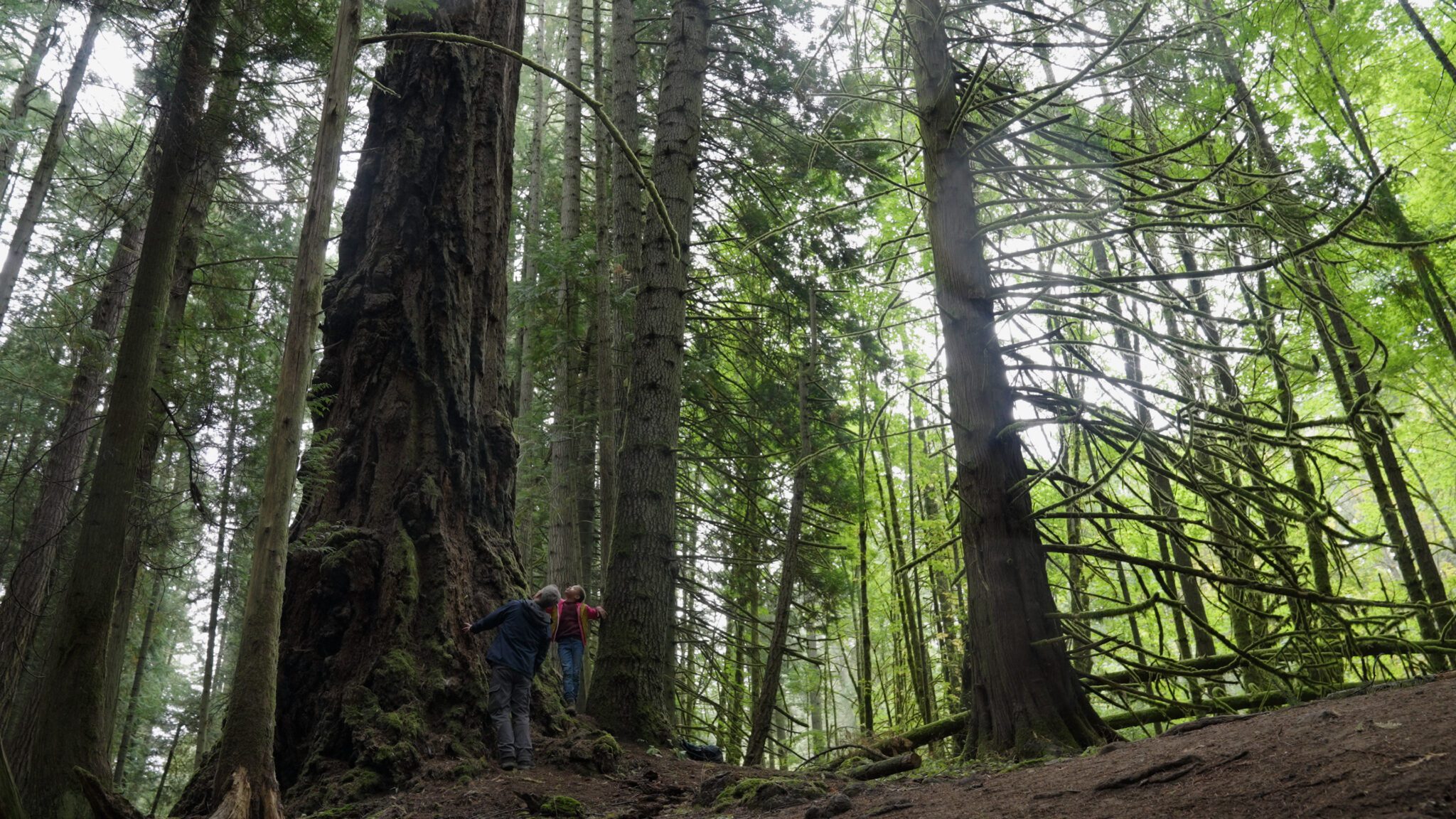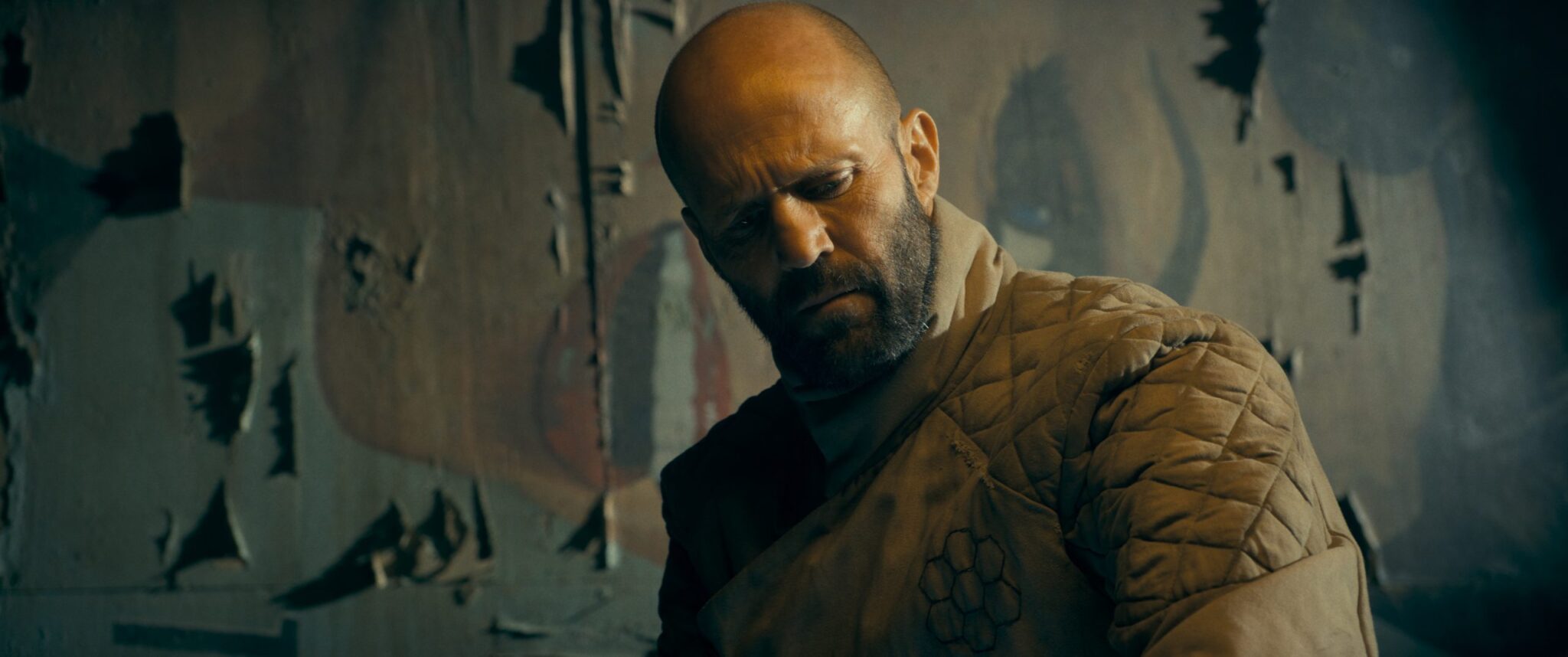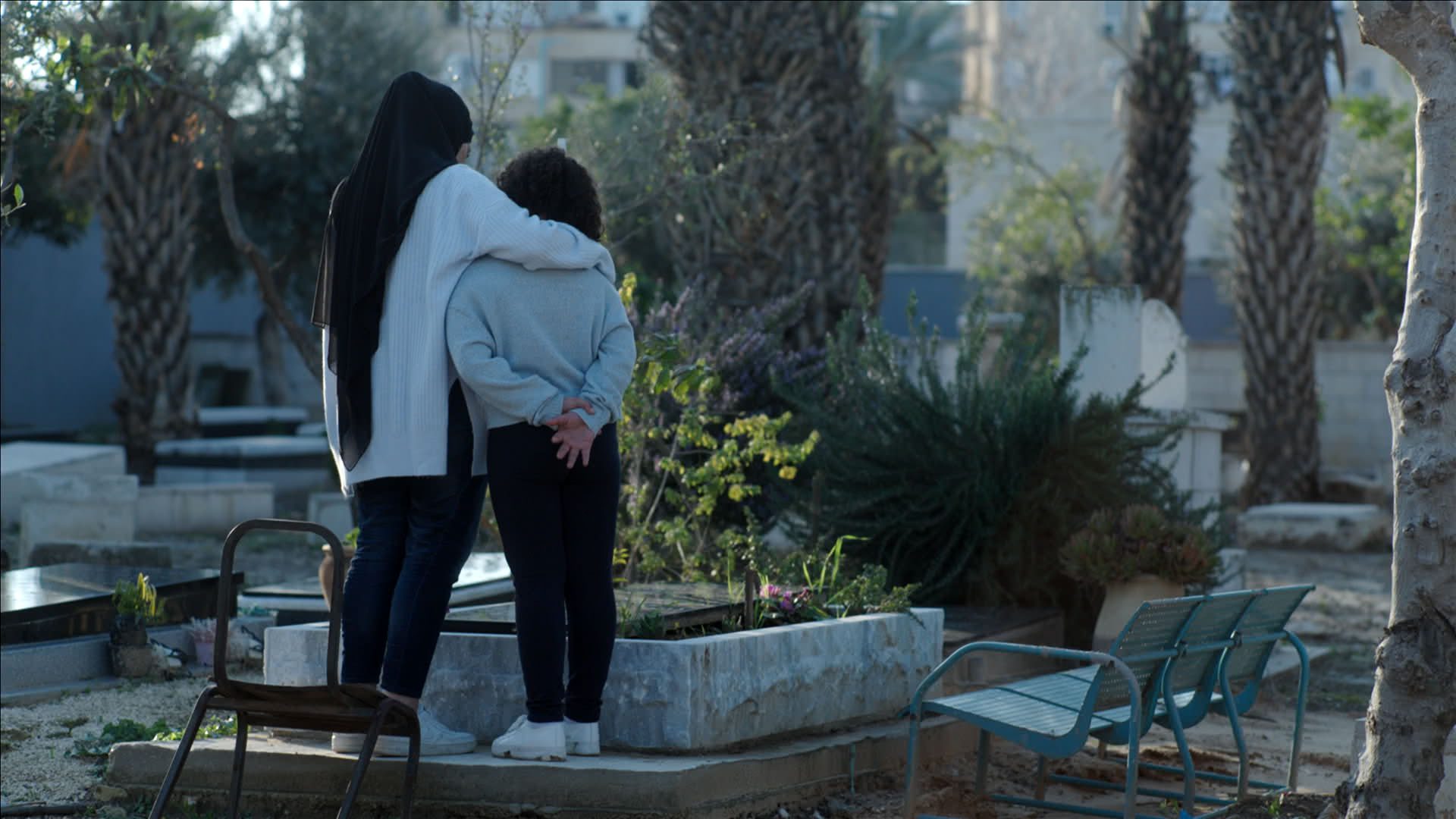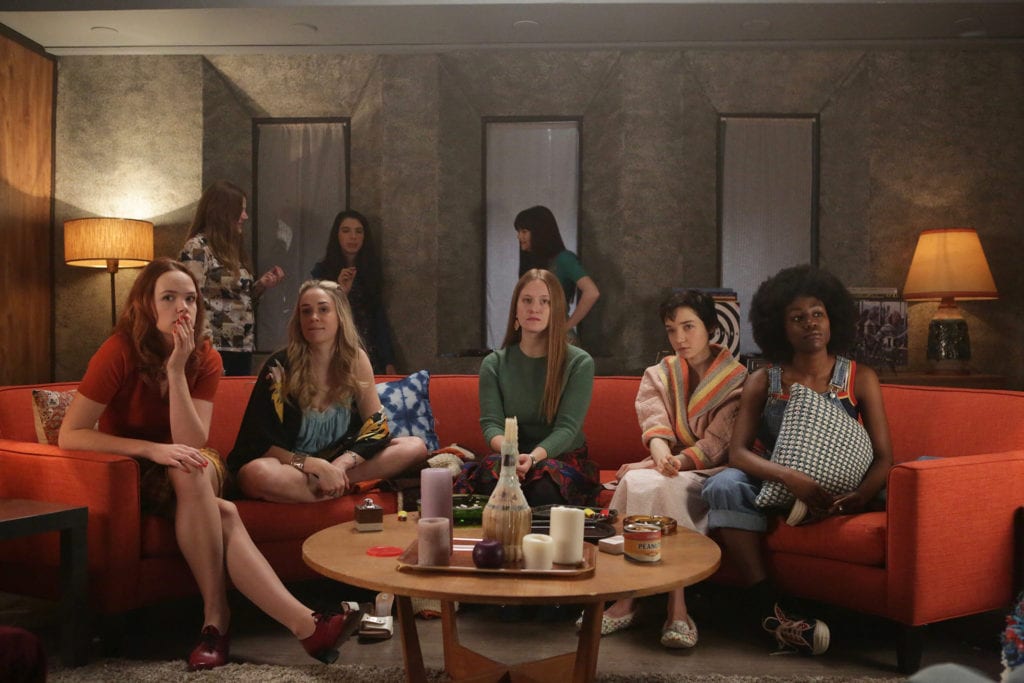
Set in 1972, The Marijuana Conspiracy tells the true story of the early conversations surrounding the legalization of marijuana use in Canada. As questions about the drug were becoming more commonplace, the Canadian government authorised a study into the effects of marijuana use on women. Offered a stipend for their time, a group of young women were invited to isolate for 98 days in order to be monitored by scientists and doctors as they regularly smoked together. However, as the days began to drag on, what starts out as a fun experiment begins to affect the girls deeply as the isolation begins to feel increasingly like imprisonment.
Written and directed by Craig Pryce, The Marijuana Conspiracy is an entertaining exploration of a relatively unknown chapter of Canadian history. Filmed primarily within the confines one location, Pryce creates a claustrophobic atmosphere that serves to bring the story to life. While the script could use a little less exposition at times, Conspiracy is buoyed by solid performances from its cast, especially Tymika Tafari, Morgan Kohan and Marie Ward. While almost the entire cast is enjoyable, these three women in particular bring passion to their roles as they struggle with social issues of far greater importance than their study.
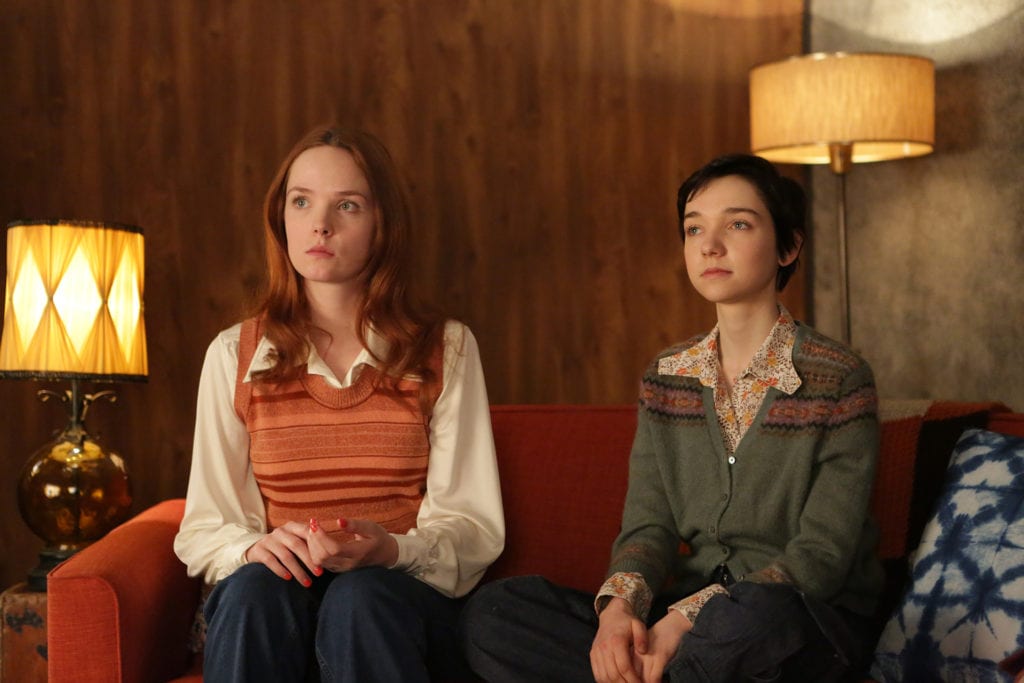
While Canada?s long journey with the legalization of marijuana has been well documented, Conspiracy points to the early days of research that took place. By focusing on this specific moment in time, Pryce has a surprising amount of material to work with in terms of cultural questions and fears that held back legalization for nearly 40 years after this study. Through the film?s antagonist John Bradow (the always enjoyable Derek McGrath), Conspiracy argues that few people at the corporate level had any interest in the results of their study, especially if it didn?t validate their preconceived fears. Adding to the social stigma surrounding marijuana use, the larger culture was simply not ready to accept legalization as a valid recourse at the time. (In fact, it?s particularly interesting that the film is bookended by two generations of Trudeau in this regard.)
However, while the film?s title and marketing focus on the question surrounding marijuana use, Pryce really uses this as a backdrop for larger conversations about justice. Throughout their experience together, each of these women reveal their own struggles at a time of cultural change. In this way, their lockdown becomes a metaphor for their struggles in the outside world. As they attempt to survive their temporary (but seemingly endless) incarceration, so too do they struggle against oppression. They feel the need for change? and yet cannot seem to break free from a culture that seeks to maintain the status quo.
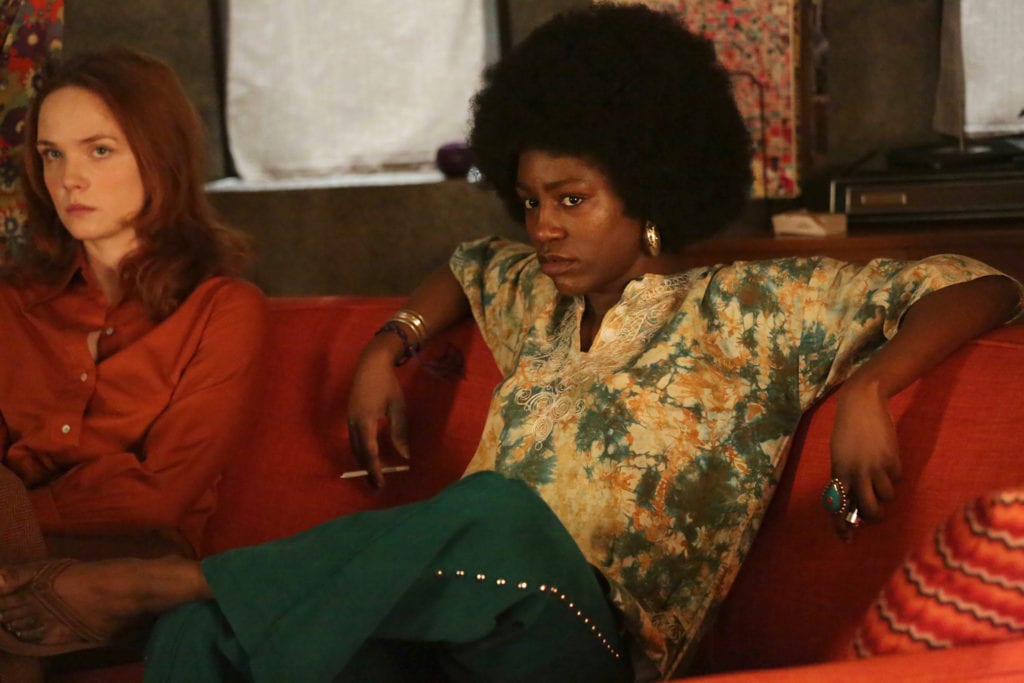
Coming on the heels of the Civil Rights Movement, this was a time where conversations surrounding any number of social issues had begun to evolve. As such, Conspiracy does a good job of capturing the mood of a society that was gradually shifting its views regarding issues ranging from female empowerment, racial inequity and the beginnings of LGBTQ+ freedoms and awareness. Though set in the early 70s, the social heat of this era bleeds very well into our current conversations surrounding the nature of equality and the struggles surrounding racial injustice. (In fact, since the film was shot before the current pandemic, the timeliness of the film is somewhat staggering.)
Backed by some solid work from its cast, The Marijuana Conspiracy is worth the trip. Whereas writer/director Pryce could have used the film to solely explore the positives and negatives of drug use, instead he wisely expands his story to focus on an era that stretched and changed the culture. As a result, he also taps into the heartbeat of today?s conversations as well.
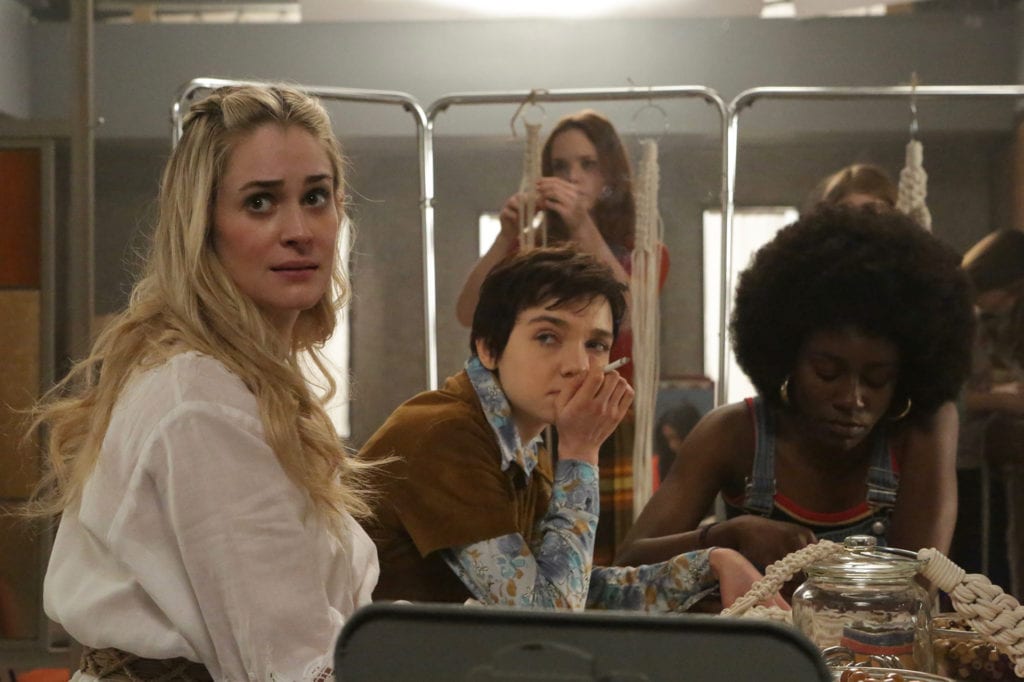
To hear our interview with star Tymika Tafari, click here.
The Marijuana Conspiracy is released on Tuesday, April 20th, 2021 in select theatres and VOD.


